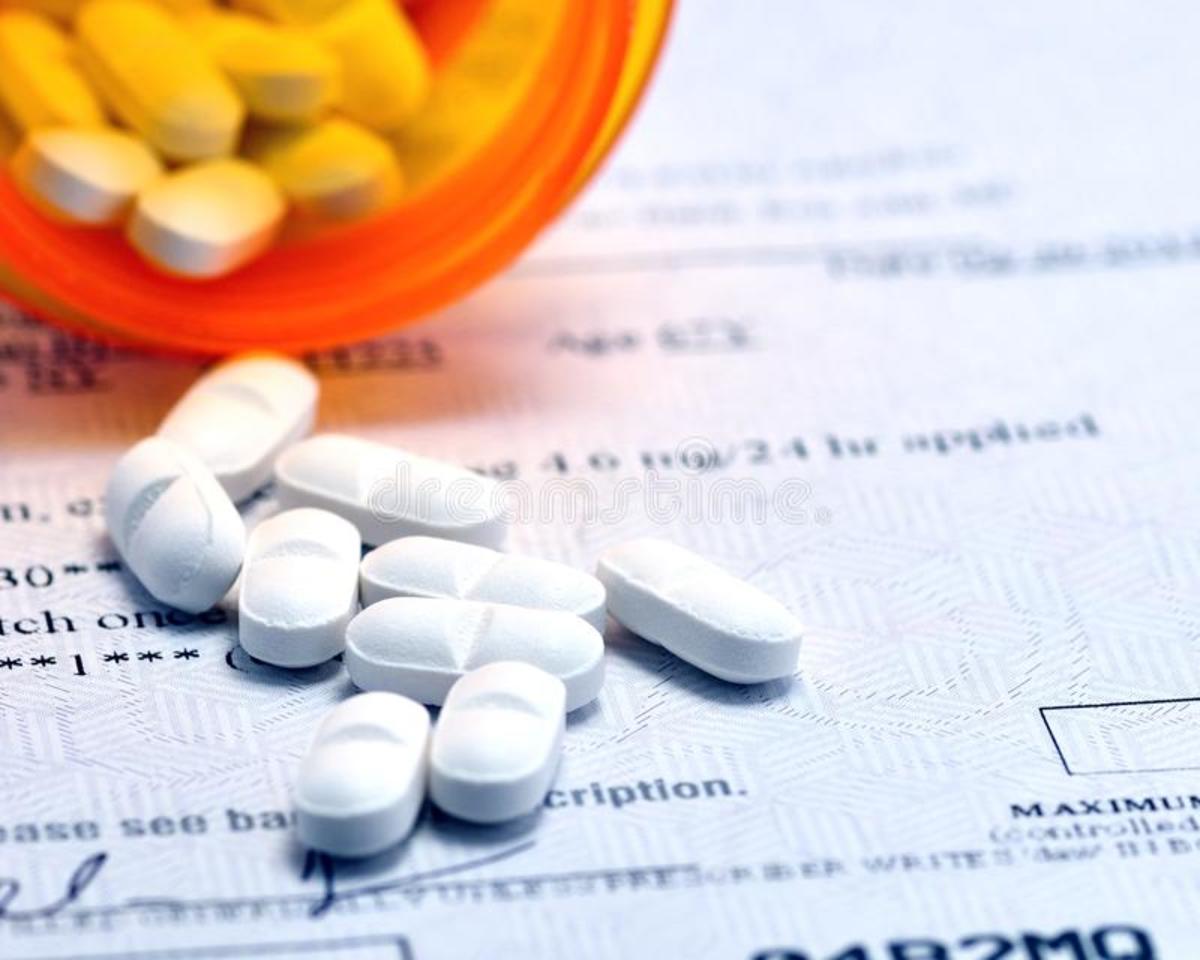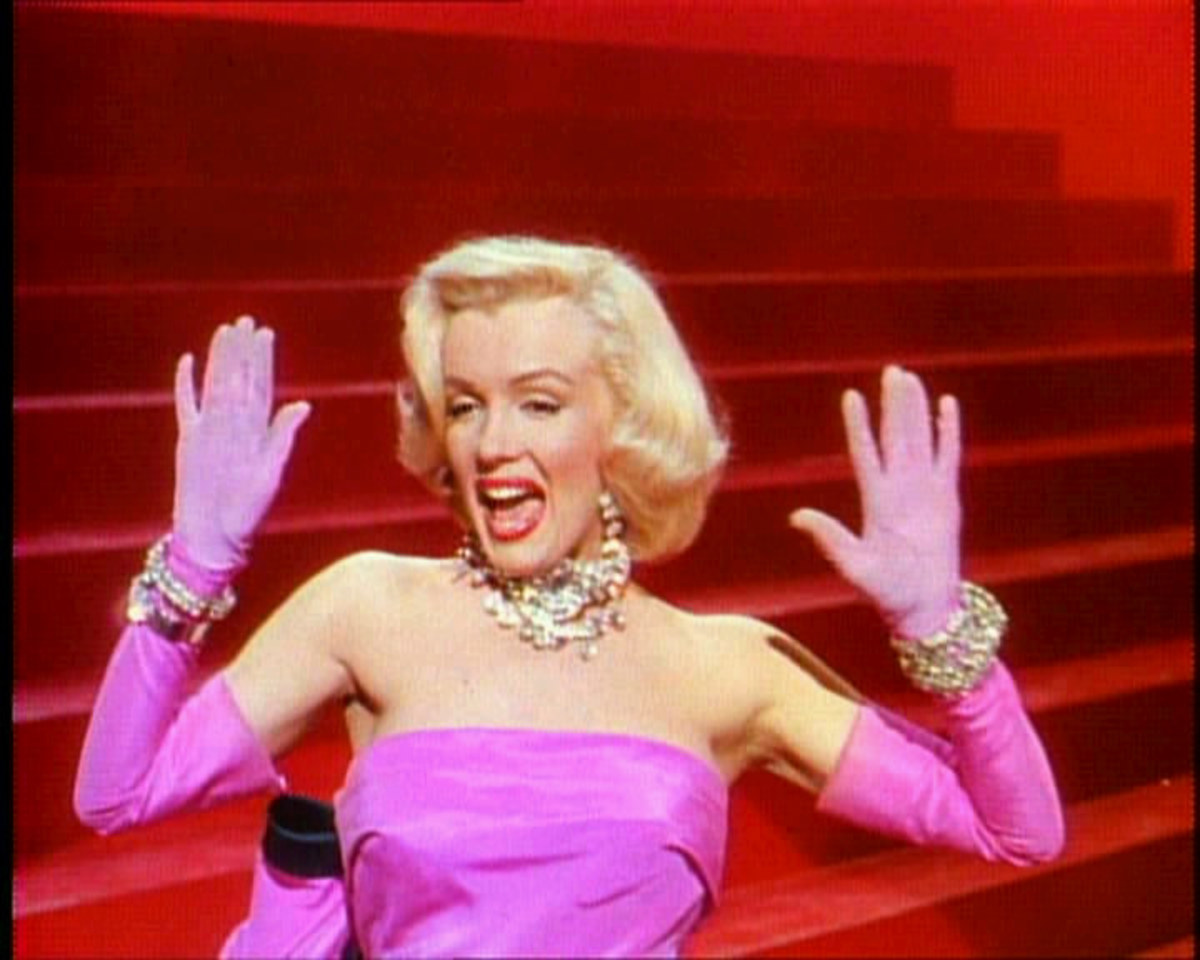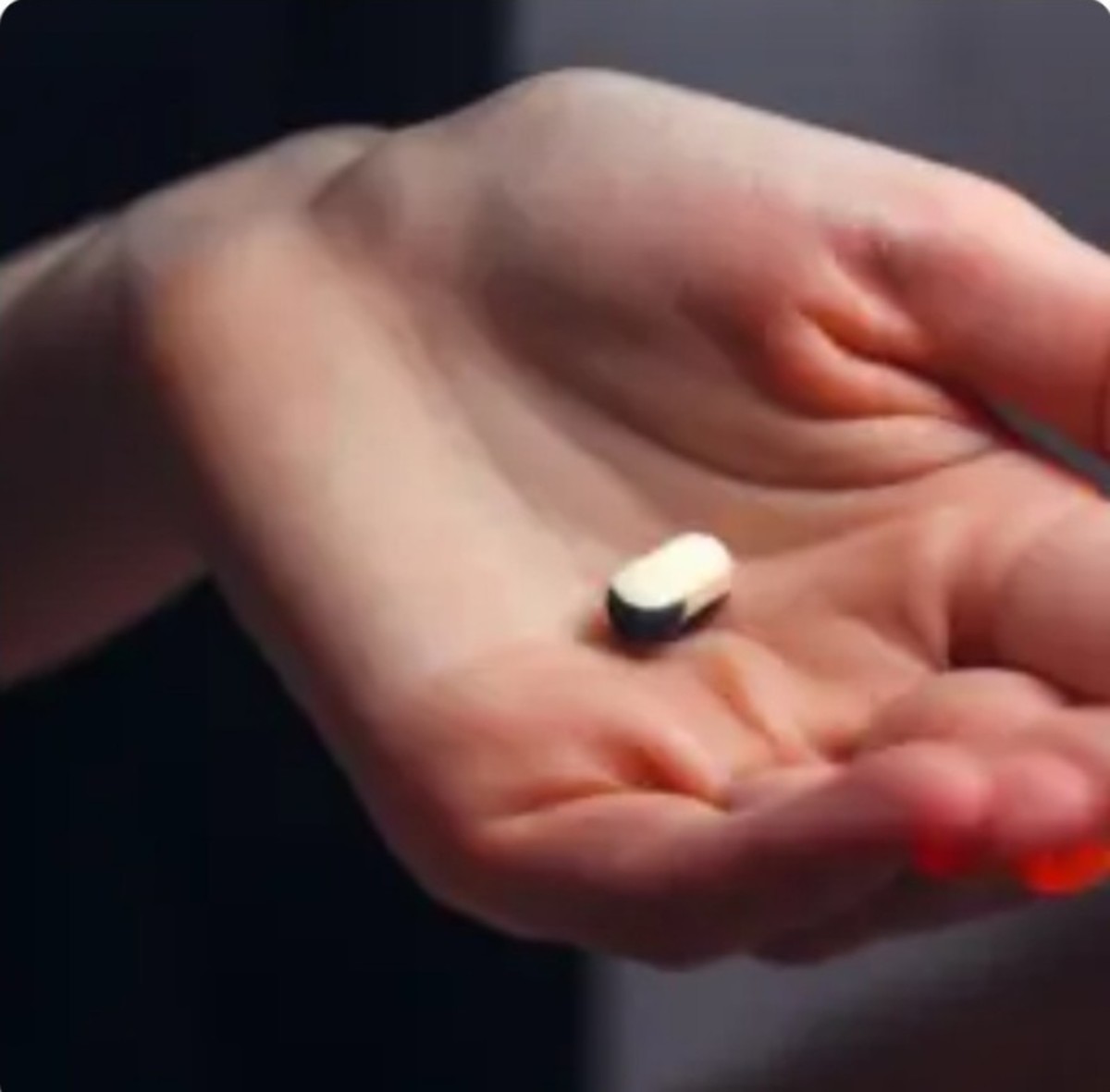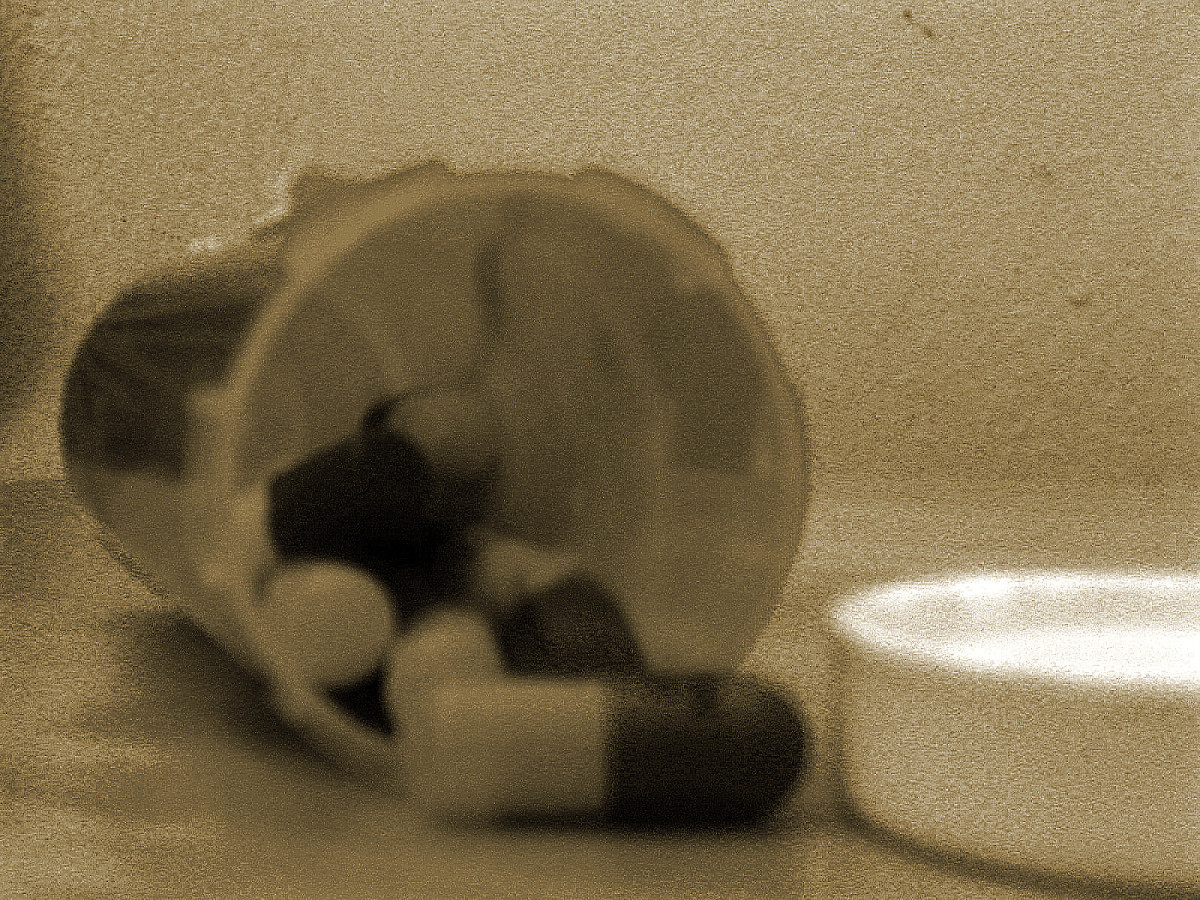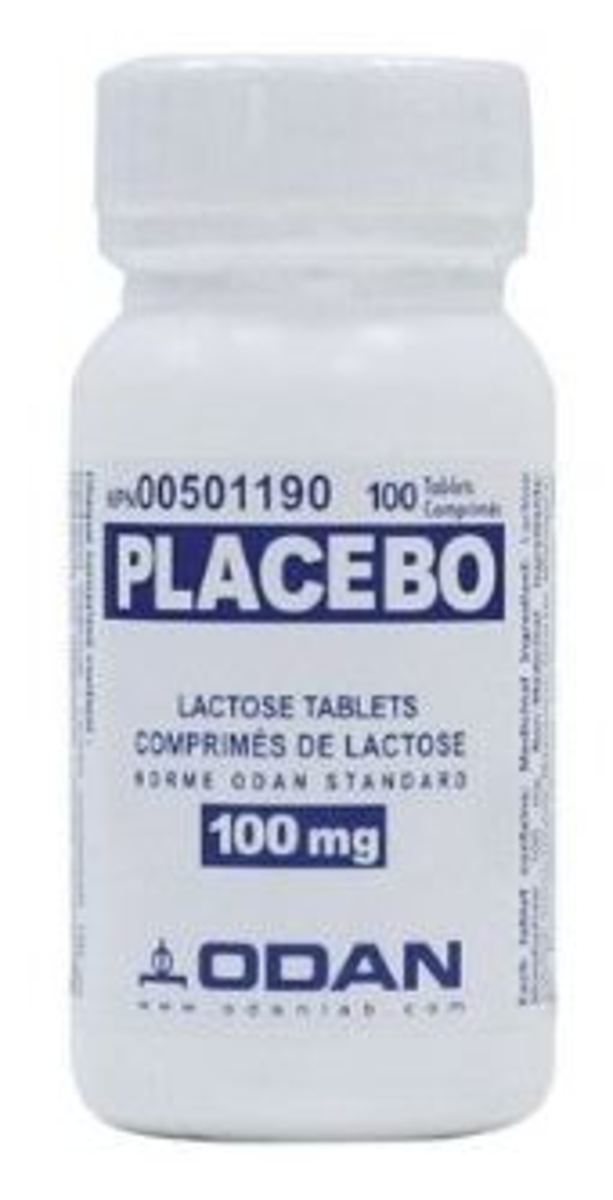Drug Rehab Centers, programs and Treatments approaches for recovery
What is drug abuse?
Drug abuse is the use of illegal drugs such as marijuana, ecstasy, cocaine, LSD, crystal meth, and heroin. (Marijuana is generally an illegal drug, but some states allow doctors to recommend it to adults for certain illnesses.). It can also be the abuse of legitimate drugs (prescription or over-the-counter) when people use the drugs in a manner or in quantities other than directed, or for purposes that are not legitimate.
Why do people take illegal drugs?
High School life can be stressful sometime. Pressure to make friends, establish and maintain relationships, get good grades, excel in sports, deal with crammed schedules, difficult parents, all these can make you feel overwhelmed. You may feel stressed or worse.
Situation of a celebrity is also similar. Life is stressful. We feel so much pressure to meet the expectations of others.
Some people think they can overcome stress by taking drugs. They think drugs can make them happy. They believe drugs can make them feel better. DRUGS DON'T FIX THE PROBLEM CAUSING STRESS IN THE FIRST PLACE. Drug use can actually worsen the situation and lead to even more stress, anxiety, or even depression.

Drug dependence and Physical harm
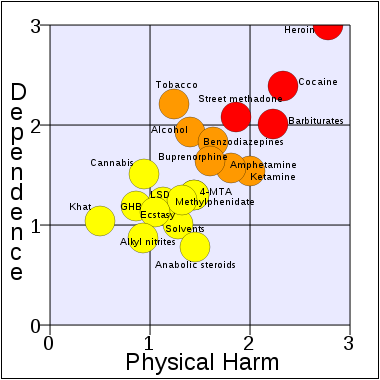
Write to me
It is important to remember that everyone feels stressed sometimes and everyone goes through hard times. YOU ARE NOT ALONE. The best way to remove stress is to share it. Talk to your close friends or loved ones about things that are troubling you. If you feel that no one has time to listen to you, write to me. At the top right of this page you can see an option 'write to emdi'. Send me a person message. I love listening to others. You may feel so much relaxed if you can open your heart and express all your sorrows and anger. Write to me about the stressful things in your life, people who made you angry or anything that is troubling you. If you don't like, you don't need to reveal your identity. Just name 'Anonymous' and write to me all your stressful things in life, rather than just trying illegal drugs.

Heroin Addiction, How Difficult Was It To Beat?
Commonly abused substance
Don't get cheated. Drugs WILL NOT remove your stress nor will remove your pressures. It will make you a SLAVE of drugs and make you an addict. Here are the illegal drugs what people just try and get addicted.
1. Opiates and narcotics :heroin, opium, codeine, meperidine (Demerol), hydromorphone (Dilaudid), and oxycodone (Oxycontin).
2. Central nervous system (CNS) stimulants : amphetamines, cocaine, dextroamphetamine, methamphetamine, and methylphenidate (Ritalin).
3. Central nervous system depressants: alcohol, barbiturates (amobarbital, pentobarbital, secobarbital), benzodiazepines (Valium, Ativan, Xanax), chloral hydrate, and paraldehyde.
4. Hallucinogens: LSD, mescaline, psilocybin ("mushrooms"), and phencyclidine (PCP or "angel dust")
5. Tetrahydrocannabinol (THC): marijuana (cannabis) and hashish.

Inside the life of heroin addicts
Drug addiction can be treated
Drug addiction can be treated. Through treatments, patients can learn how to control themselves and live a normal life. The treatment for drug addiction needs both medication as well as behavioral changes. Like people with diabetics or heart diseases, people in treatment for drug addiction learn behavioral changes as well as take medication as part of their treatment regime. Several people who had drug addiction before are now leading normal lives. So, if you or your loved ones have become addicted to drugs, never lose hope. It can be treated.
Please note that there is difference between drug addiction and drug dependence. A person may have a physical dependence on a substance without having an addiction. For example, certain blood pressure medications do not cause addiction but they can cause physical dependence. Other drugs, such as cocaine, cause addiction without leading to physical dependence.

Effective Treatment Approaches
Effective treatment programs for drug abuse and drug addiction typically incorporates several components, each directed to a particular aspect of the illness and its consequences. In order to achieve the ultimate goal of sustained abstinence from abuse substances, most patients require long-term or repeated episodes of care. Unfortunately, you can't just stop taking abusive substances or drugs for a few days and get cured. Overall therapeutic process often begins with detoxification, followed by treatment and relapse prevention. A continuum of care is crucial to a person's success in achieving and maintaining a drug–free lifestyle. It includes, a customized treatment regimen addressing all aspects of an individual's life, including medical and mental health services and follow–up options (e.g., community – or family-based recovery support systems).

Please take part in this poll
Have you ever taken an illegal drug
Detoxification and Medically Managed Withdrawal
Detoxification is generally considered a precursor to or a first stage of treatment because it is designed to manage the acute and potentially dangerous physiological effects of stopping drug use. In this process body clears itself of drugs and is often accompanied by unpleasant and sometimes even fatal side effects caused by withdrawal. However, detoxification alone does not address the psychological, social, and behavioral problems associated with addiction and therefore does not typically produce lasting behavioral changes necessary for recovery. Detoxification should be followed by a formal assessment and referral to subsequent drug addiction treatment.

Behavioral treatments.
Behavioral treatments help patients to increase healthy like skills, engage in the treatment process, modify their attitudes and behaviors related to drug abuse. These treatments can also enhance the effectiveness of medications and help people stay in treatment longer.
Outpatient behavioral treatment:
This treatment offers a wide variety of programs for patients who visit a clinic at regular intervals. There will individual or group counseling and programs such as Cognitive–behavioral therapy (to help patients recognize, avoid, and cope with the situations in which they are most likely to abuse drugs), Multidimensional family therapy (this is designed to improve overall family functioning), Motivational interviewing (capitalizes on the readiness of individuals to change their behavior and enter treatment) and Motivational incentives (uses positive reinforcement to encourage abstinence from drugs).

Residential treatment programs
Residential treatment programs are effective for people with more severe problems. In this program patients remain at a residence, typically for 6 to 12 months. The main feature of this approach is principally in their use of the community—treatment staff and those in recovery—as a key agent of change to influence patient attitudes, perceptions, and behaviors associated with drug use. This program is called , therapeutic communities (TCs). TCs focus on the "resocialization" of the individual and use the program's entire community—including other residents, staff, and the social context—as active components of treatment. Treatment focuses on developing personal accountability and responsibility as well as socially productive lives in a non-hospital settings.

Outpatient programs:
Such treatments costs lesser than residential treatments. It is more suitable for people with jobs or extensive social supports. Please note that this program is more of a drug education program than a treatment program. However, there are some outpatient programs with group counseling or there are outpatients programs such as intensive day treatment. These programs are comparable to residential programs in services and effectiveness, depending on the individual patient's characteristics and needs. Some outpatient programs are also designed to treat patients with medical or other mental health problems in addition to their drug disorders.
So before you enroll for a program ask clearly what all they offer.

Individualized Drug Counseling :
This program not only focuses on reducing or stopping illicit drug or alcohol use; it also addresses related areas of impaired functioning such as employment status, illegal activity, and family/social relations as well as the content and structure of the patient's recovery program. Individualized counseling helps the patient develop coping strategies and tools to abstain from drug use and maintain abstinence.
Group counseling:
This program to capitalizes on the social reinforcement offered by peer discussion and to help promote drug-free lifestyles.
In prison:
Drug treatment programs in prisons can succeed in preventing patients' return to criminal behavior, particularly if they are linked to community-based programs that continue treatment when the client leaves prison.

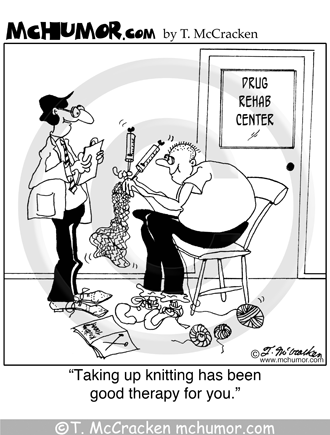
Drug rehab - Australia
- Australia Drug Rehab Centers Alcohol Rehabilitation Programs and Dual Diagnosis Treatment Centers in
Australia drug rehab centers and drug treatment centers in Australia. Comprehensive listings of Australia drug treatment centers and alcohol rehab centers in Australia.
Drug rehab- US
- Substance Abuse Treatment Facility Locator
To locate the drug and alcohol abuse treatment programs nearest you, find your State on the map below and click on it.
Canadian rehab centers
- Drug & alcohol rehab treatment centers: Canadian Drug Rehab Centres
The Canadian Drug Rehab Centres directory has the finest resources available on residential treatment and outpatient rehabilitation programs including drug rehab and alcohol treatment centres, recovery homes, support groups, as well as other addictio
Addictions Rehab Centers in the UK
- Drug Treatment Centers UK | Drug Rehab Centres | Addiction Advisor
Alcohol Rehab centres in the UK - Residential centres for alcohol and drug addiction treatment - Addiction Advisor .co.uk
How to quit Drugs?
Sober Recovery community- FORUM
- Never Lose Hope - SoberRecovery : Alcoholism Drug Addiction Help and Information
Hi Newcomers A warm welcome to SoberRecovery, you've been blessed finding the wonderful people here, who will help guide you if you reach out and




